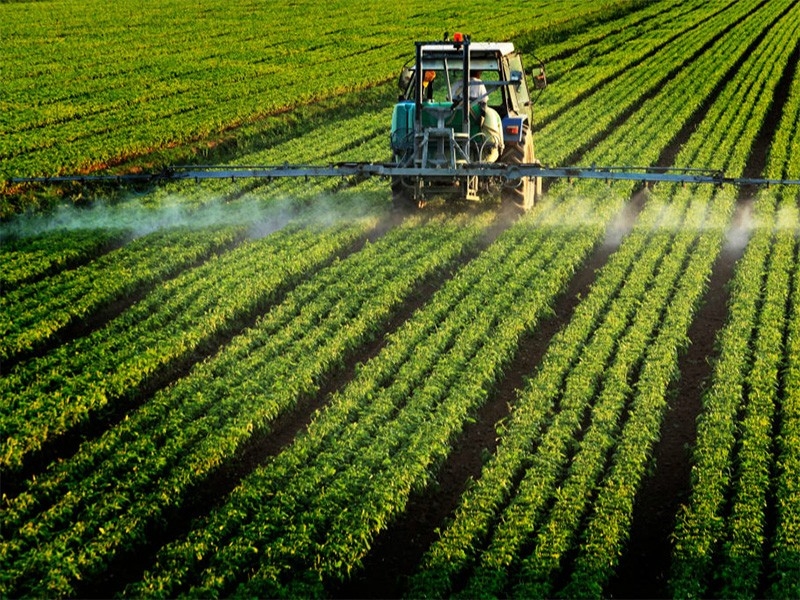Recent research published in the American Journal of Psychiatry has found a distinct link between autism and pesticides.
Recently published in the American Journal of Psychiatry, research into pesticides and autism has found that there could be a dangerous link between the two. The study focused on one particular pesticide, dichlorodiphenyltrichloroethane, or DDT. The pesticide DDT was already believed to be toxic by many specialists, especially as a carcinogen and endocrine disruptor.
 Autism is a neurodevelopmental disorder which currently affects as many as one in fifty-nine children across the United States of America. While the cause of autism spectrum is mostly unknown, many people believe that autism is the result of a complicated interaction between the environment and a variety of genes. It is determining the environmental factors which cause autism that has been the most elusive factor to narrow down.
Autism is a neurodevelopmental disorder which currently affects as many as one in fifty-nine children across the United States of America. While the cause of autism spectrum is mostly unknown, many people believe that autism is the result of a complicated interaction between the environment and a variety of genes. It is determining the environmental factors which cause autism that has been the most elusive factor to narrow down.
For many years there has been a suspected link between environmental toxins and autism. This study supports the theory that environmental toxins were to blame. Until this study, there have been no studies which have been able to provide biomarker-based evidence that maternal exposure to pesticides could be associated with autism in children.
Of all the pesticides used around the world, DDT was one of the most notorious. By the end of 1945, DDT was used across the United States and many other countries for both agriculture and household purposes. The United States banned the use of DDT in 1972, because of safety concerns regarding its use, but it is still used in some countries today. One of the biggest concerns regarding the use of DDT is that it takes decades for the chemical to a breakdown in the environment and accumulates in the fatty tissues of organisms. Even to this day, DDT can be found in our tissue and blood. Another aspect of DDT is that it can cross the placenta, which means that residual DDT can affect an unborn child.
The study showed that when levels of DDT were present, the odds of a mother having a baby with autism could be as high as a third higher. There will still need to be many more studies into pesticides and autism before the evidence will be conclusive. Until that time, it’s still important for people to be wary about the pesticides which they expose themselves to.
Reference Brown AS, et al. Association of maternal insecticide levels with autism in offspring from a national birth cohort. American Journal of Psychiatry. 2018 Aug 16





